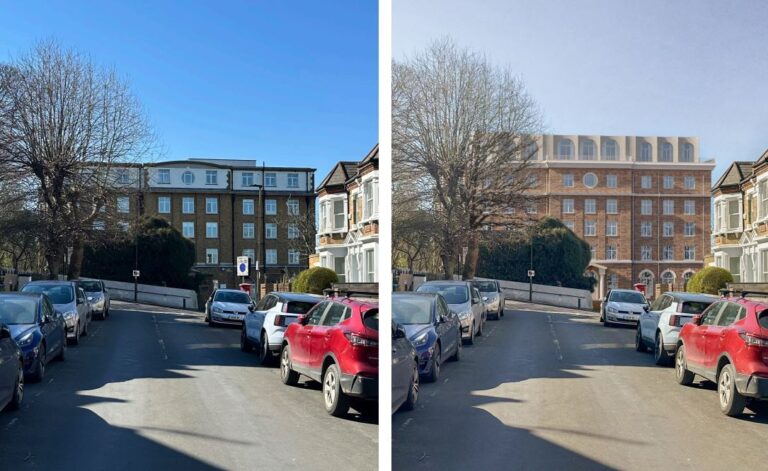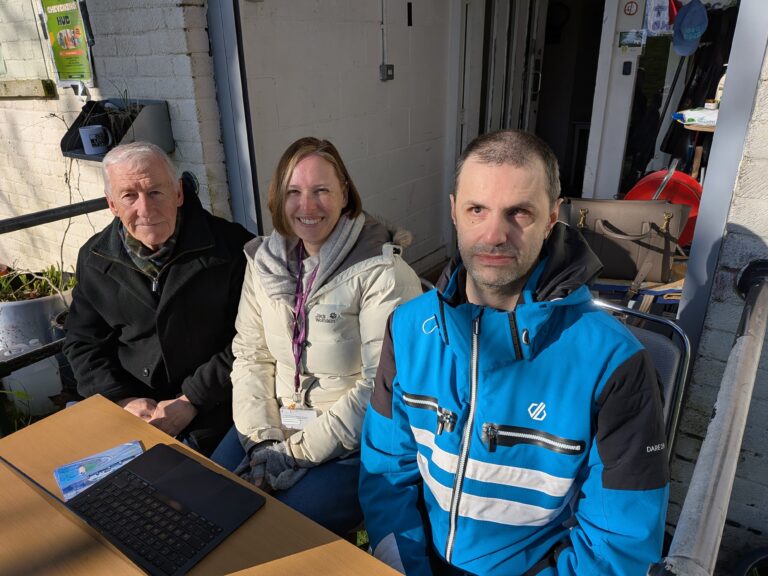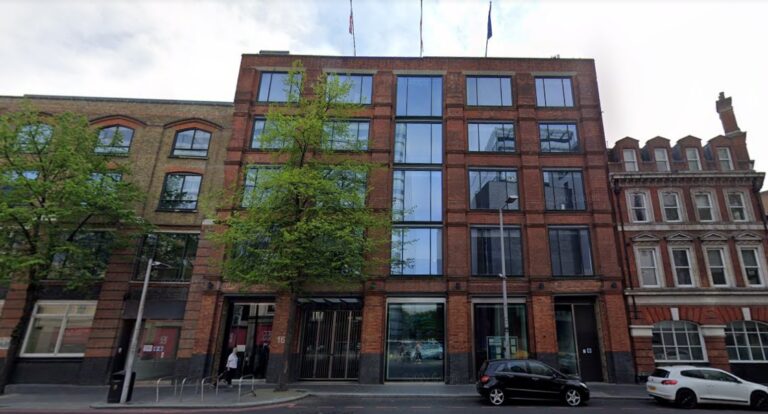Nearly two children go missing on average per day in Westminster, a report from the council has found.
Statistics from the Young People, Learning and Leisure portfolio show in the past few months, there has been a rise in the number of incidents of children going missing from home or care.
In February this year, there were 51 recorded cases, 42 in March and 51 in April. By comparison, there were 22 incidents in January.
A report presented to members of the Children, Adult Public Health and Voluntary Sector Policy and Scrutiny Committee on Monday, June 12, suggested several reasons motivating children to disappear.
It reads: “All children are contacted following going missing to understand why, to assess risk and to address difficulties they are experiencing.
“When we have spoken to children going missing the most common reasons given are family conflict, peer relationships and issues relating to criminal and sexual exploitation.”
The document also noted that the vast majority of children go missing for between 24 and 72 hours.
During the meeting, councillors raised their concerns about the number of children in this situation and what could be done to prevent it from happening.
Cllr Iman Less asked: “I know our teams are brilliant but is there anything else we can do to support our teams and train them to manage some of those risks?
“Secondly to that, is there anything we’re doing to partner with schools on this?”
Cllr Tim Roca, who led the report, responded that while there isn’t a definite response to her questions, there is a strong working association between the council and schools in the borough.
The report assured that when children do go missing, there are tailored interventions in place to ensure the families can fully address the risk and difficulties that triggered them initially.
The report explained that a dedicated ‘Missing Children Lead’ oversees all incidents of children going missing from home in care.
It adds: “There is strong partnership working with agencies and
high-risk cases are escalated quickly with the police and within social care.”






